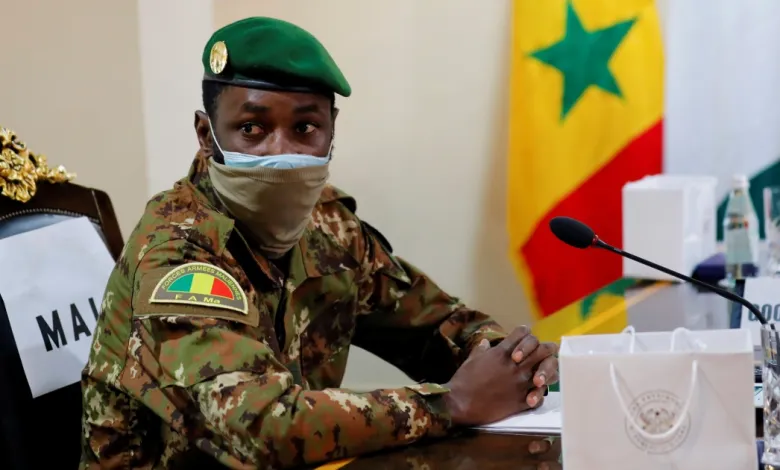Over 20 Malian political groups and civil society organizations convened on Sunday (March 31) to issue a collective declaration advocating for the organization of a presidential election and the establishment of a set date, marking the end of the transition period.
According to former minister Amadou Koïta of the Malian socialist party, Yelen Kura, the transition period commenced on March 26, 2022, initially scheduled for 18 months and subsequently extended, with the expectation of concluding last Tuesday (March 26).
The coalition of groups urges the transitional authorities to institute the necessary legal and institutional mechanisms to facilitate Mali’s return to its regular constitutional order, ensuring political stability and sustainable development.
Since 2020, Mali has experienced successive executive coups led by Colonel Assimi Goïta, who currently serves as the interim president of Mali.
During his interim tenure, Goïta has implemented several shifts in foreign policy. Notably, on September 16, 2023, he, along with the leaders of Burkina Faso and Niger, Captain Ibrahim Traoré and Abdourahamane Tchiani, established the Alliance of Sahel States (AES). Additionally, on January 28, 2024, the troika announced their withdrawal from ECOWAS.
Under his leadership, Mali has strengthened its ties with Russia while scaling back connections with its former colonial ruler, France.
Since November 2023, Mali has entered into two significant economic agreements with Russia: the construction of a gold refinery in Bamako, Mali’s capital, and a collaboration with Russian company Rosatom to explore minerals and develop nuclear energy.

